|
PPSA's senior policy advisor, Bob Goodlatte, and general counsel, Gene Schaerr, explain in Just Security on why it’s imperative that intel agencies listen to bipartisan concerns re: surveillance reform. Surveillance abuses degrade and threaten the vital mission these agencies must carry out. Additionally, they explain how the intel agencies' alienation of Americans and congressional representatives is dangerous for both the Constitution and national security.
PPSA today announced the filing of a lawsuit to compel the FBI to produce records about the possible use of FISA Section 702 authority – enacted by Congress to enable surveillance of foreign targets on foreign soil – for political surveillance of Americans at home.
Activists on the left and the right have long suspected the FBI uses surreptitious means to spy on lawful protests and speech. Those suspicions were confirmed when a FISA court decision released in 2022 revealed that government investigators had used Section 702 global database to surveil all 19,000 donors to a single Congressional campaign. Acting on this concern, PPSA submitted a FOIA request to the FBI in February seeking all records discussing the use of Section 702 or other FISA authorities to surveil, collect information related to, or otherwise investigate anyone who attended:
The FBI almost immediately responded to PPSA that our FOIA request “is not searchable” in the FBI’s “indices.” The response also informed us that the FBI “administratively closed” our request. The FBI did not dispute that PPSA’s FOIA request reasonably described the requested records. This should have, under the FOIA statute, triggered a search requirement, but the FBI ignored it. The self-serving excuse that limitations to the FBI’s Central Records System overlooks the plentiful databases and search methods at the fingertips of one of the world’s premier investigative organizations. After a fruitless appeal to the Department of Justice’s Office of Information Policy, exhausting any administrative remedy, PPSA is now suing in the U.S. District Court of the District of Columbia to compel the FBI to produce these documents. We’ll keep you informed of any major developments. We needed a little perspective before reporting on the historic showdown on the reauthorization of FISA Section 702 that ended on April 19 with a late-night Senate vote. The bottom line: The surveillance reform coalition finally made it to the legislative equivalent of the Super Bowl. We won’t be taking home any Super Bowl rings, but we made a lot of yardage and racked up impressive touchdowns.
For years, PPSA has coordinated with a wide array of leading civil liberties organizations across the ideological spectrum toward that key moment. We worked hard and enjoyed the support of our followers in flooding Congress with calls and emails supporting privacy and surveillance reform. So what was the result? We failed to get a warrant requirement for Section 702 data but came within one vote of winning it in the House. There was a lot of good news and new reforms that should not be overlooked. And where the news was bad, there are silver linings that gleam.
We come out of this legislative fracas bloodied but energized. We put together a durable left-right coalition in which House Judiciary Committee Chairman Jim Jordan and Ranking Member Jerry Nadler, as well as the heads of the Freedom and Progressive caucuses, who worked side-by-side. For the first time, our surveillance coalition had the intelligence community and their champions on the run. We lost the warrant provision for Section 702 only by a tie vote. Had every House Member who supported our position been in attendance, we would have won. This bodes well for the next time Section 702 reauthorization comes up. We will be ready. Let’s not forget that a recent bipartisan YouGov poll shows that 80 percent of Americans support warrant requirements. We sense a gathering of momentum – and we look forward to preparing for the next big round in April 2026. PPSA Calls on Senate to End Data Purchases The House voted 219-199 to pass the Fourth Amendment Is Not For Sale Act, which requires the FBI and other federal agencies to obtain a warrant before they can purchase Americans’ personal data, including internet records and location histories.
“Every American should celebrate this strong victory in the House of Representatives today,” said Bob Goodlatte, former House Judiciary Chairman and PPSA Senior Policy Advisor. “We commend the House for stepping up to protect Americans from a government that asserts a right to purchase the details of our daily lives from shady data brokers. This vote serves notice on the government that a new day is dawning. It is time for the intelligence community to respect the will of the American people and the authority of the Fourth Amendment.” Federal agencies, from the FBI to the IRS, ATF, and the Departments of Defense and Homeland Security, for years have purchased Americans’ sensitive, personal information scraped from apps and sold by data brokers. This practice is authorized by no specific statute, nor conducted under any judicial oversight. “The Fourth Amendment Is Not For Sale Act puts an end to the peddling of Americans’ private lives to the government,” said Gene Schaerr, general counsel of PPSA. “Eighty percent of the American people in a recent YouGov poll say they believe warrants are absolutely necessary before their digital lives can be reviewed by the government. It is now the duty of the U.S. Senate to finish the job and express the will of the people.” PPSA is grateful to Rep. Warren Davidson, House Judiciary Chairman Jim Jordan, Ranking Member Jerry Nadler, Reps. Andy Biggs, Rep. Pramila Jayapal, Rep. Zoe Lofgren, Rep. Thomas Massie, Rep. Sara Jacobs, and many others who worked to persuade Members to pass this bill in such a strong bipartisan victory. Much of the credit also goes to PPSA’s followers, thousands of whom called and emailed Members of the House at a critical time. “We will need you again when the Fourth Amendment Is Not For Sale Act goes to the Senate,” Schaerr said. “Stay tuned.” When Members of the House voted last week to reauthorize FISA Section 702, most did not realize that an amendment from the House Permanent Select Committee on Intelligence (HPSCI), sold as a “narrow” definitional change to the law, will actually deliver what Sen. Ron Wyden (D-OR) calls “one of the most dramatic and terrifying expansions of government surveillance authority in history.” What the House missed the Senate can still fix. The Senate still has time to perform emergency surgery and excise this particularly toxic amendment. Here’s the background: For years, “electronic communications service providers” such as Verizon or Google’s Gmail have been required to turn over the communications of targets. The House bill expands this requirement to enlist millions of small businesses that provide Wi-Fi or have access to routers or similar communications equipment. This provision would make American small businesses into providers of KGB-like surveillance. If this seems hyperbolic, consider that this HPSCI amendment would force American small businesses of many sorts to collect the communications of their customers for the government. The bill does this by including any service provider who has access to equipment that transmits communications. The language was narrowed to exclude hotels, restaurants, dwellings, and community centers, but the measure still includes most businesses – owners and operators of any facilities that house equipment used to store or carry data, including data centers and commercial office buildings. Millions of Americans, with little or no knowledge of the equipment they own or service –landlords, utility providers, repairmen, plumbers, cleaning contractors, and similar professionals – would have a legal obligation to secretly spy for the government. Lacking any ability to separate the communications of Americans from foreigners, they would be forced either to give the government direct access to the equipment or copy its messages en masse and turn it over. And then they would be under a gag order to keep their snooping a secret. This version of Section 702 reauthorization would be a disaster for small businesses of all sorts. Bound to silence, small businesses would suffer consumer distrust as public knowledge of the contamination of the data supply chain spread. Consumers and business would have no recourse. This bill also marks a terrifying replacement of the constitutional order under the Fourth Amendment. For these reasons, the Senate must do its duty and remove it. Call Your Senators: |
Categories
All
|




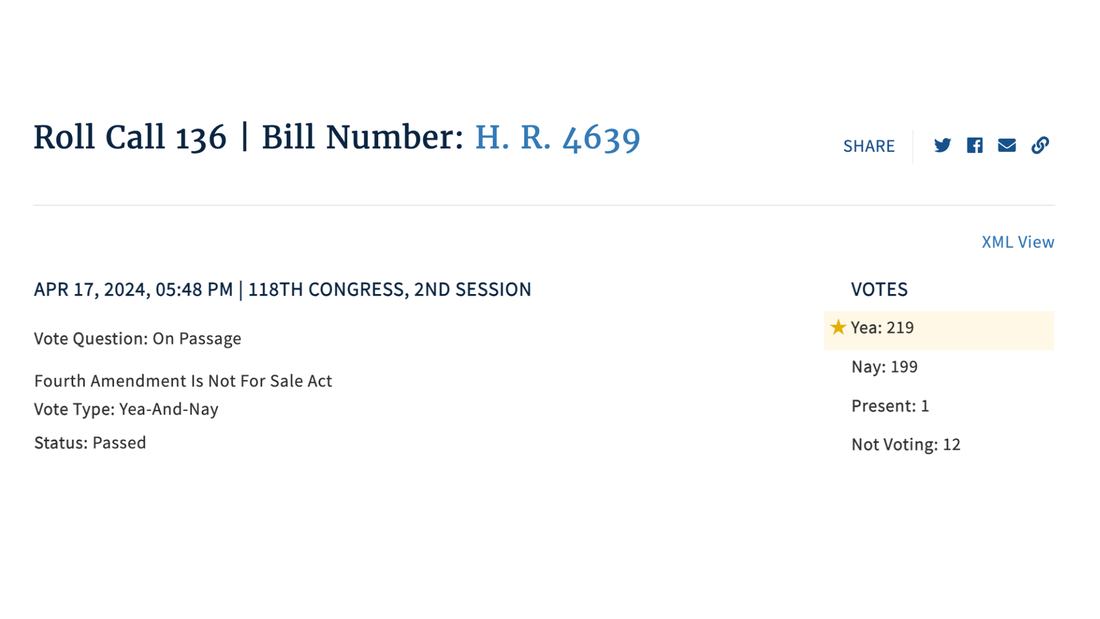
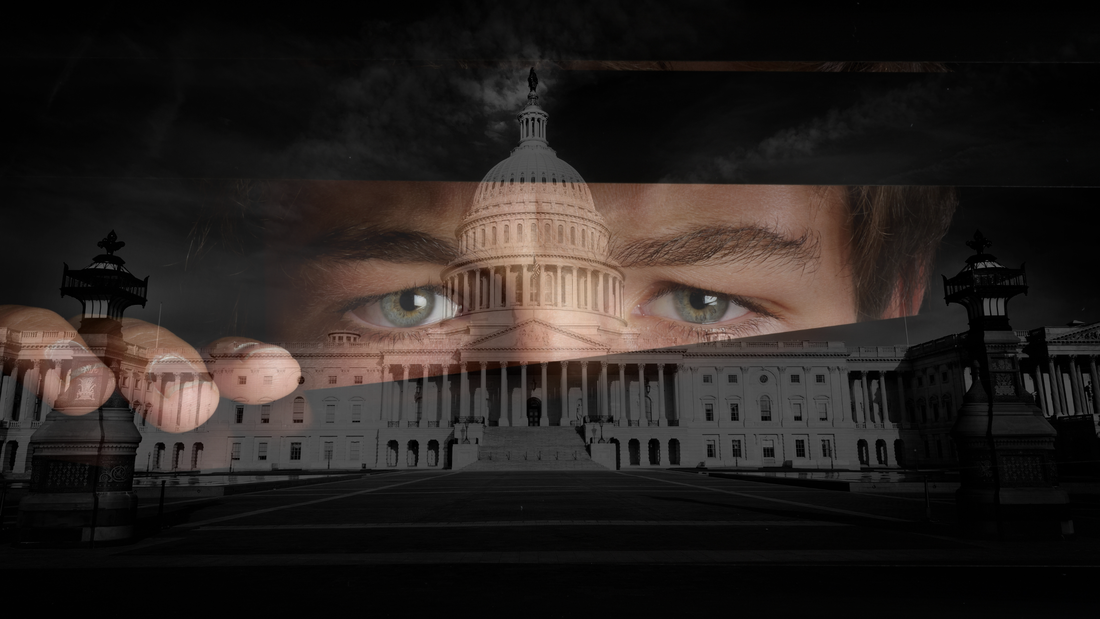
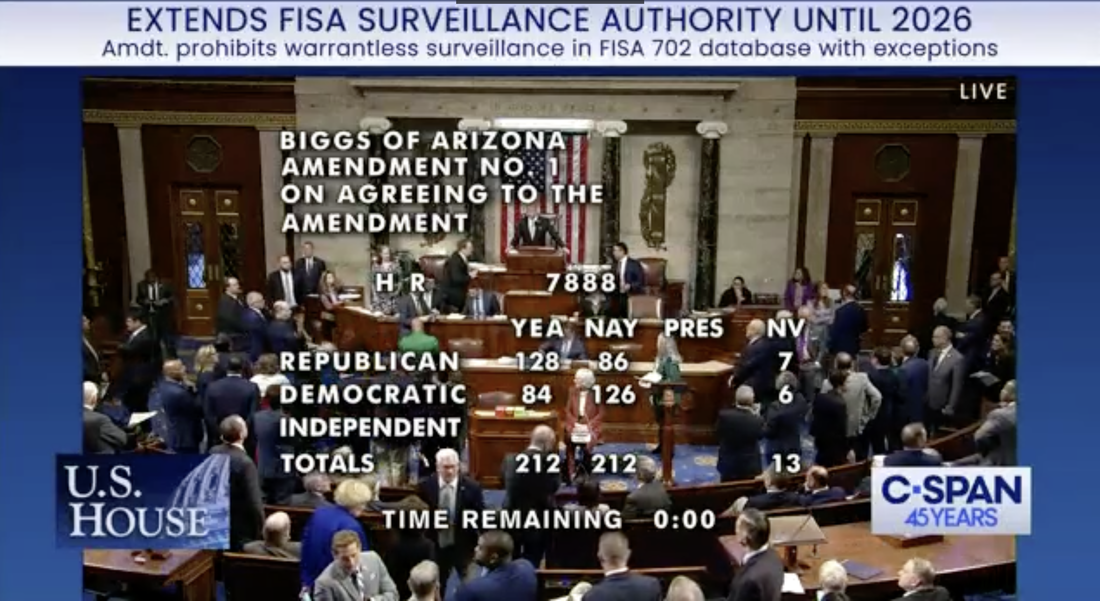
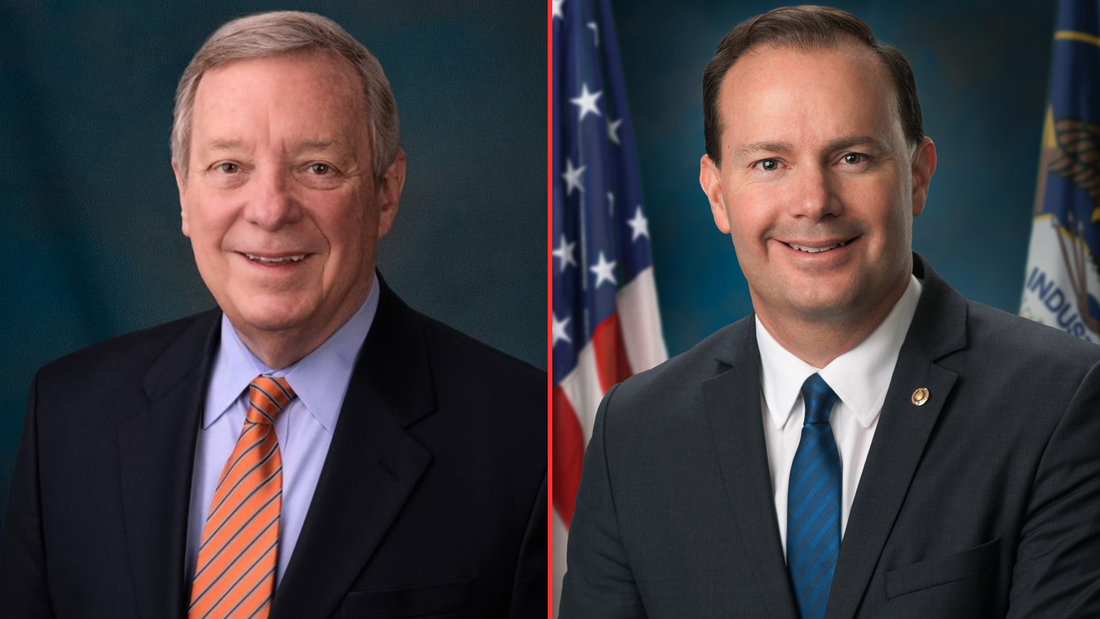
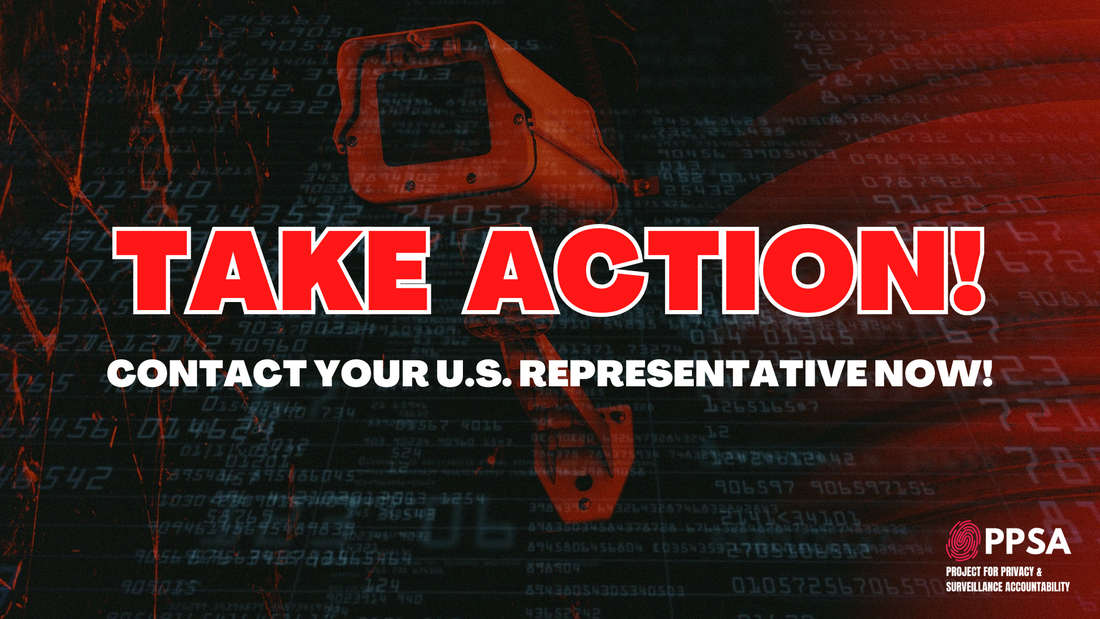
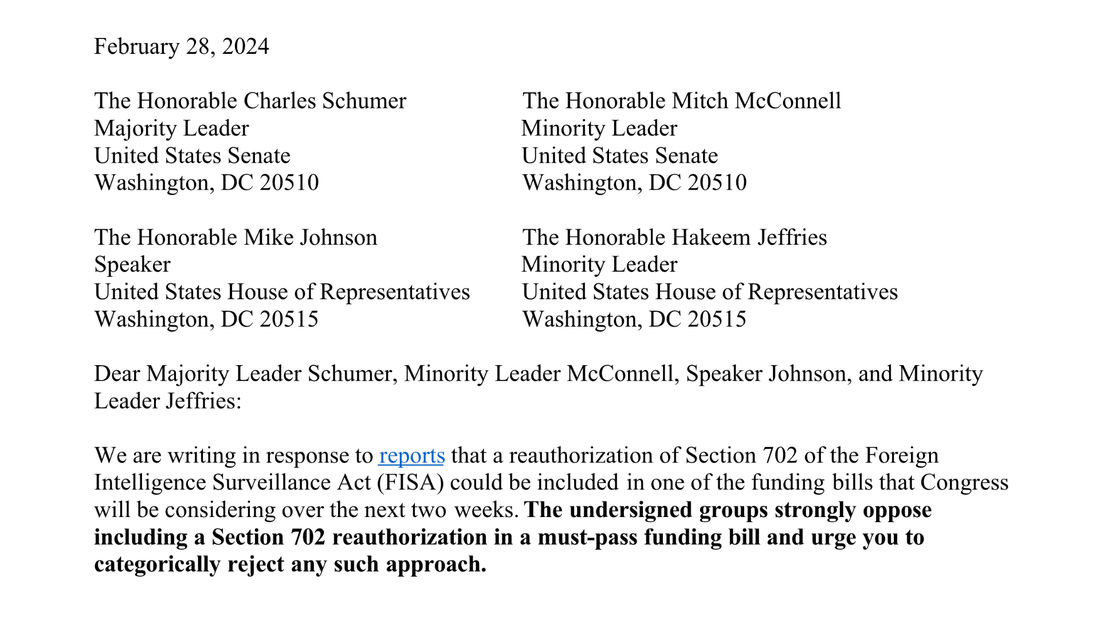
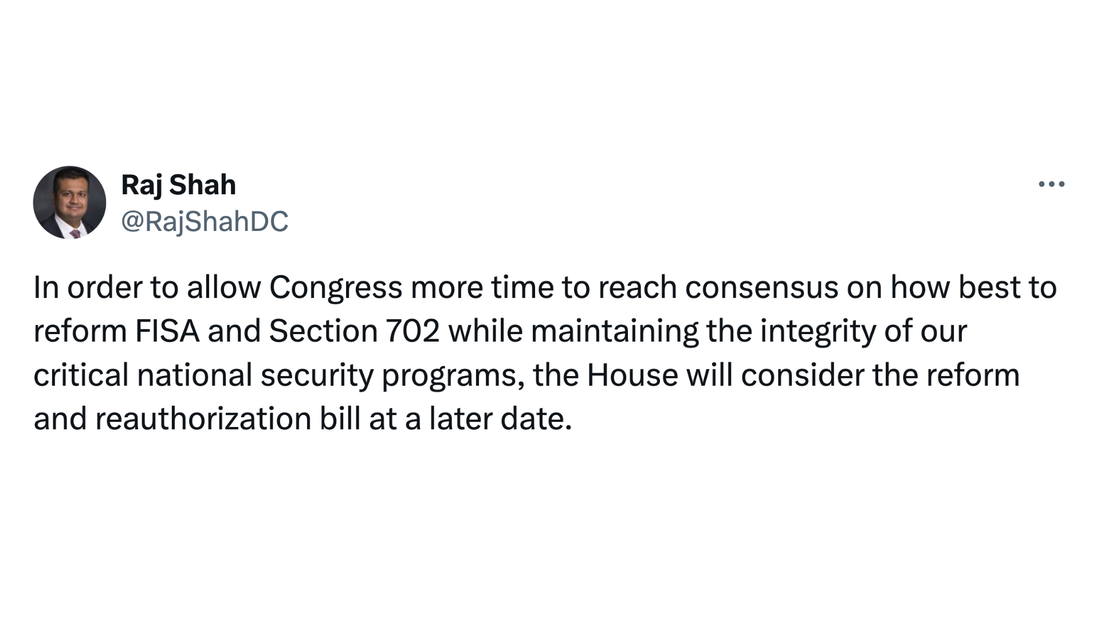
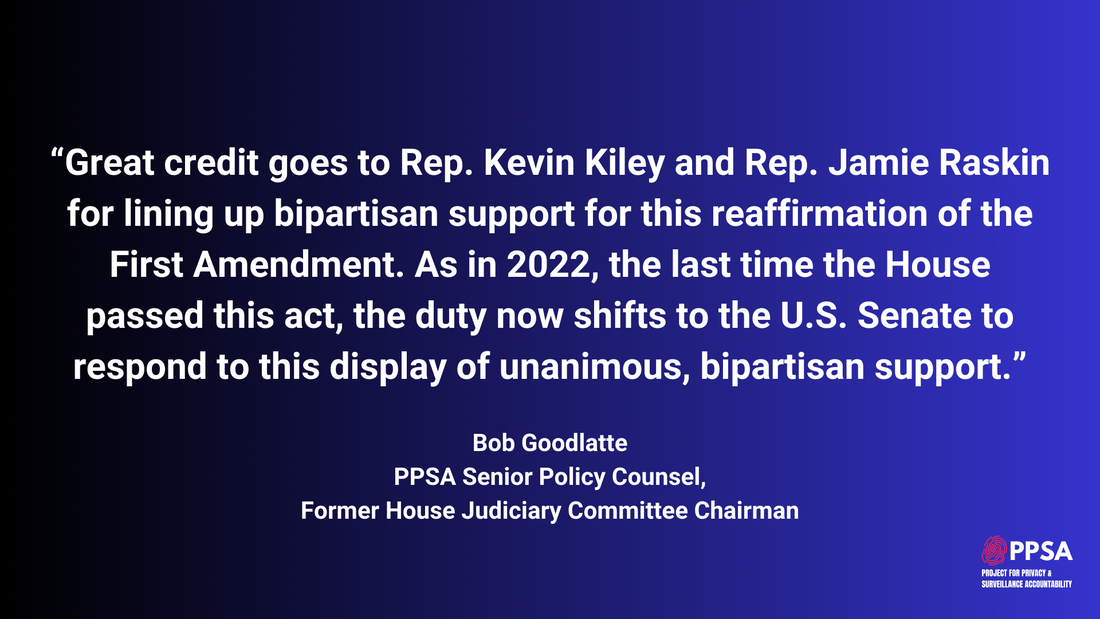

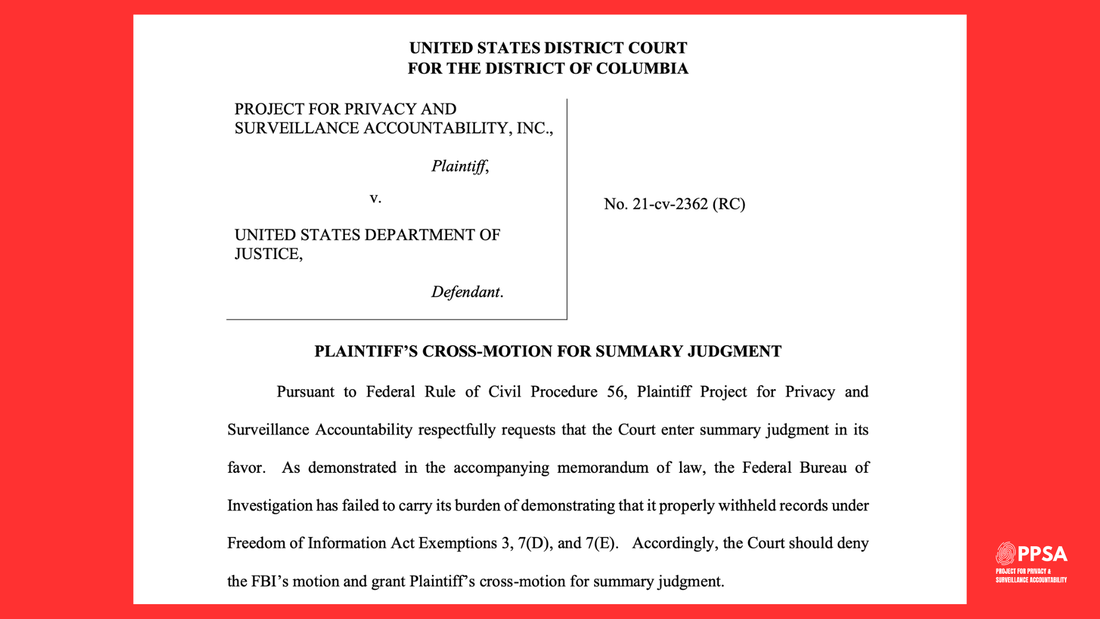
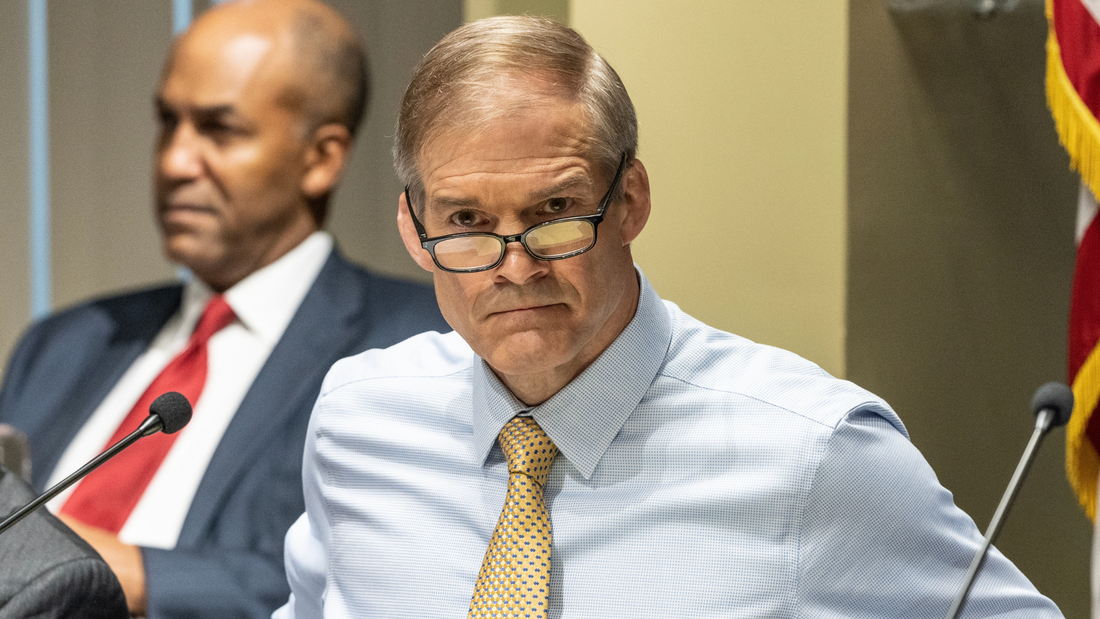
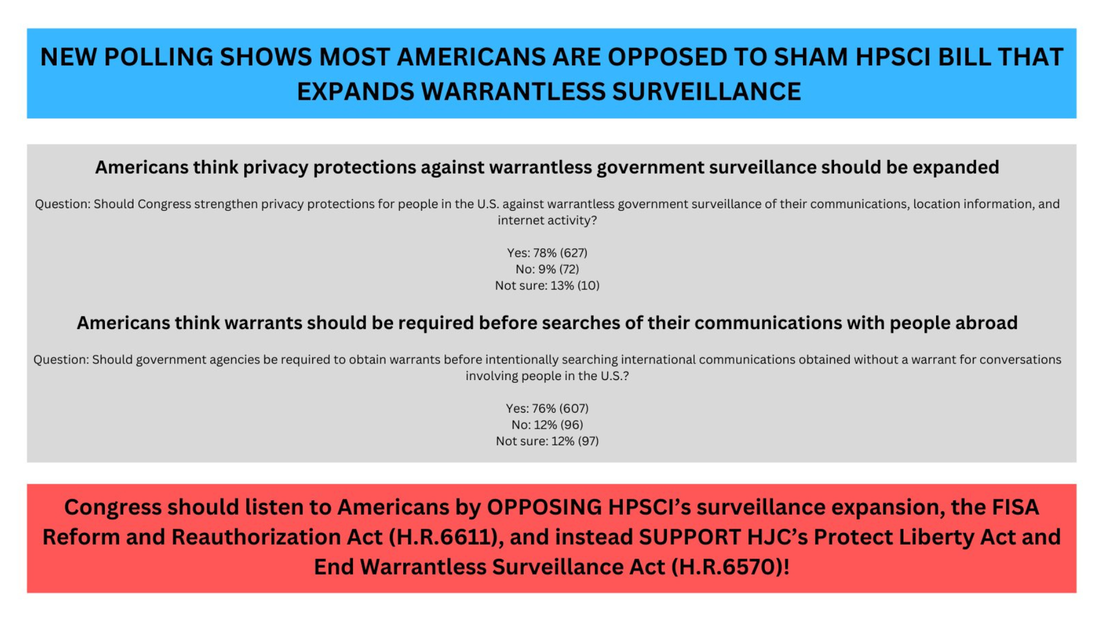


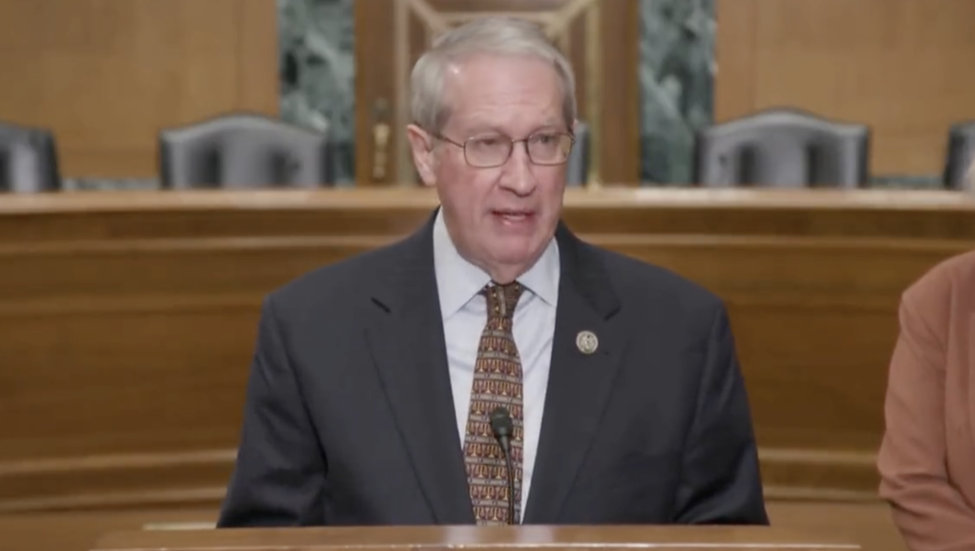
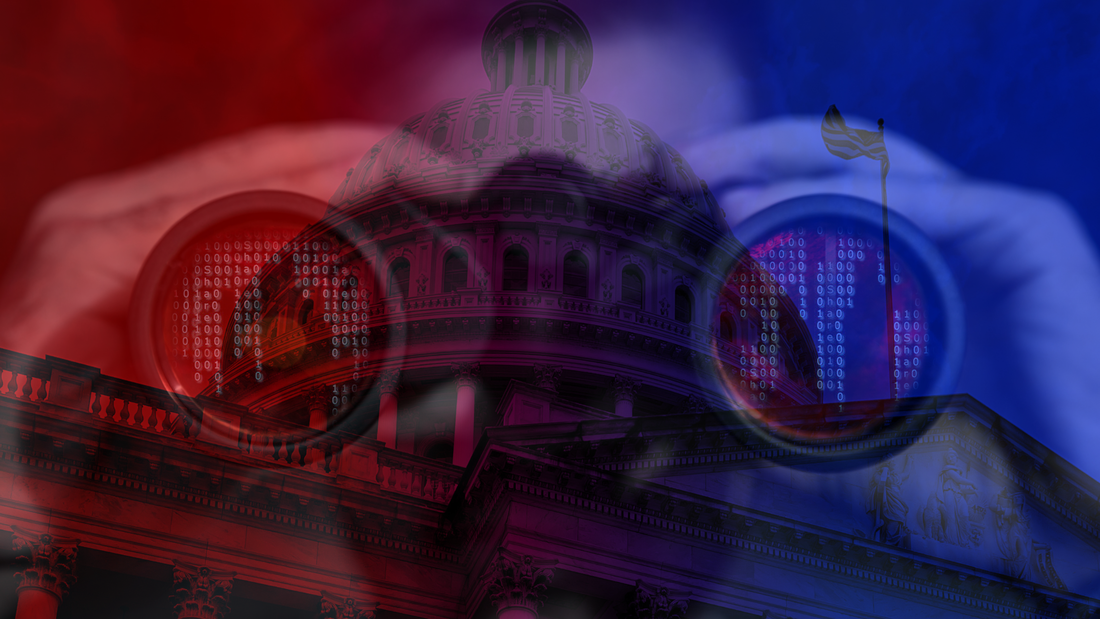
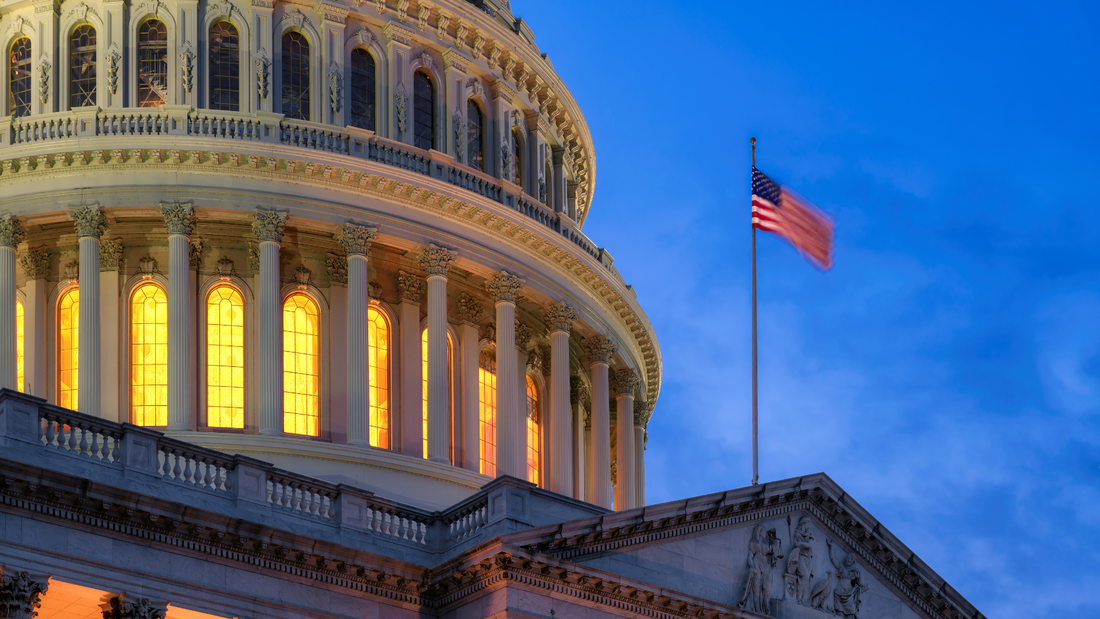

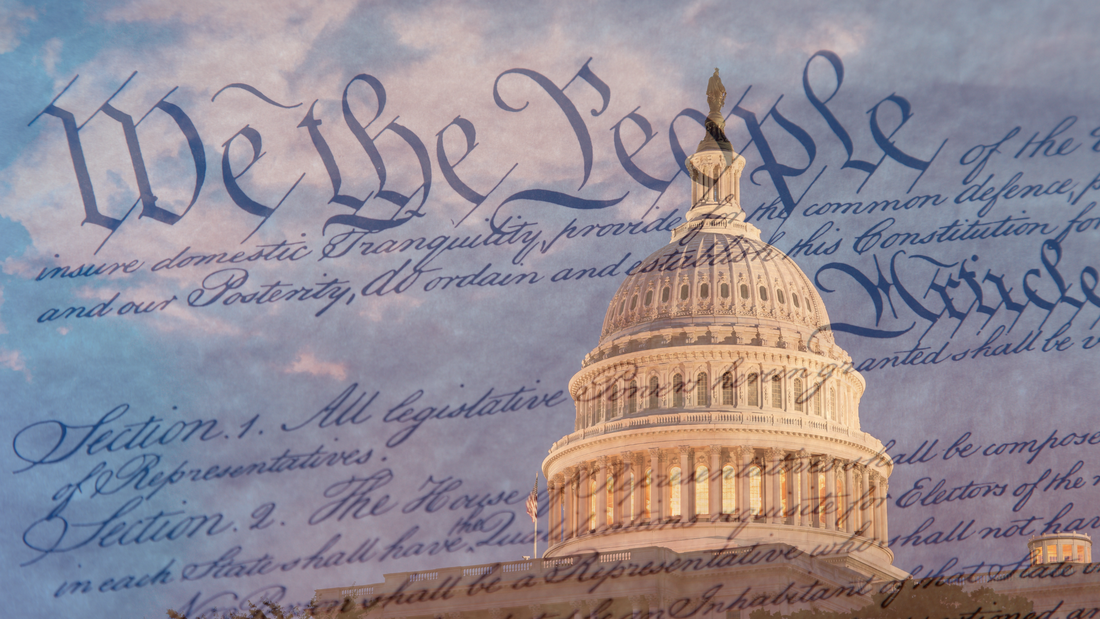
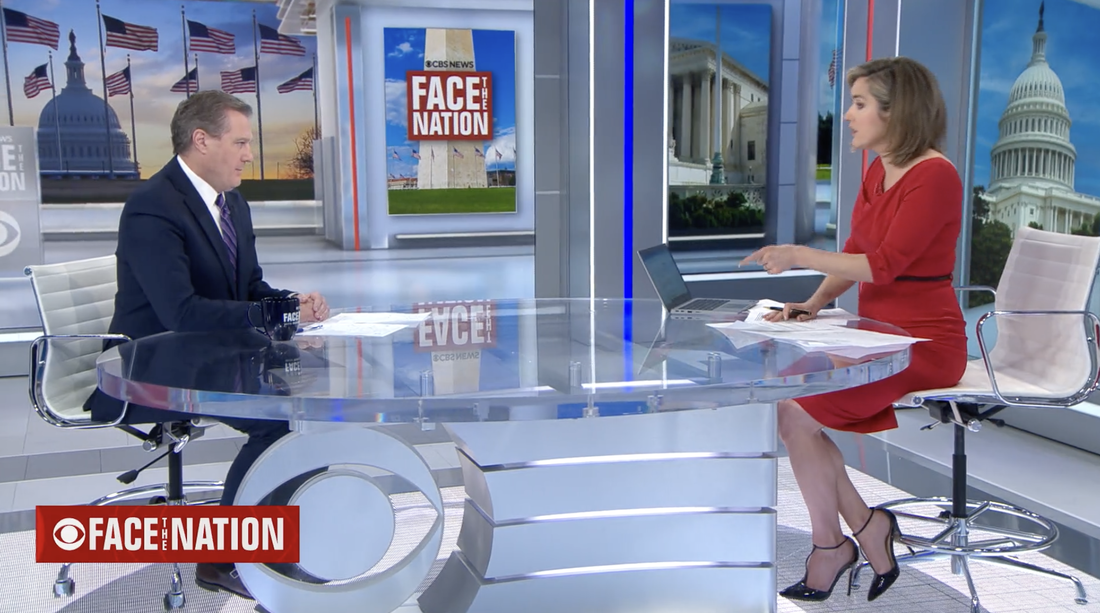
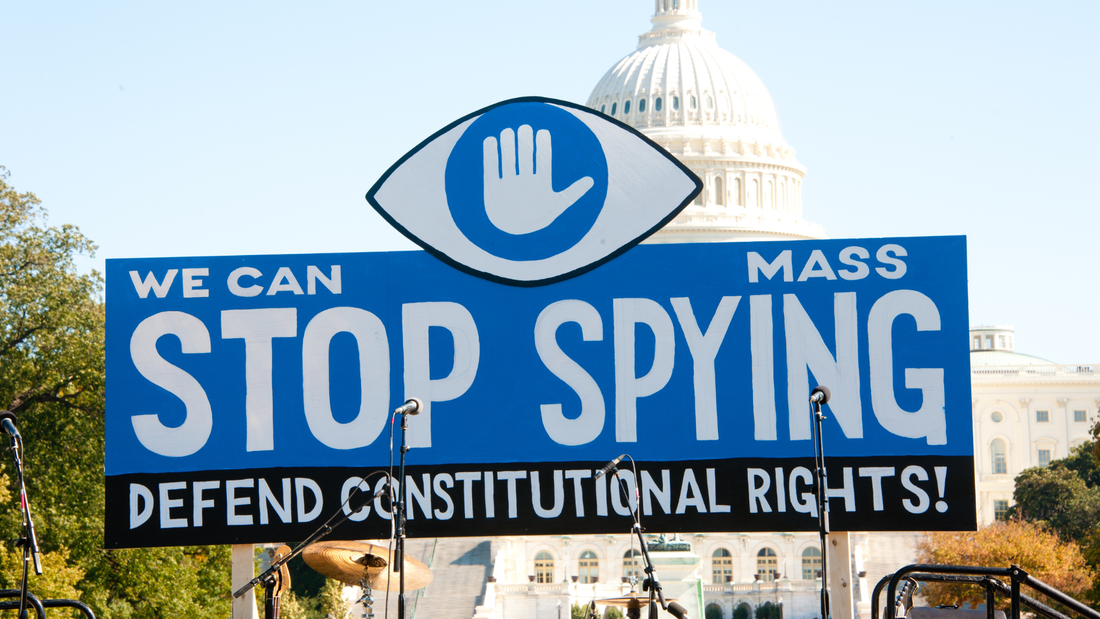
 RSS Feed
RSS Feed